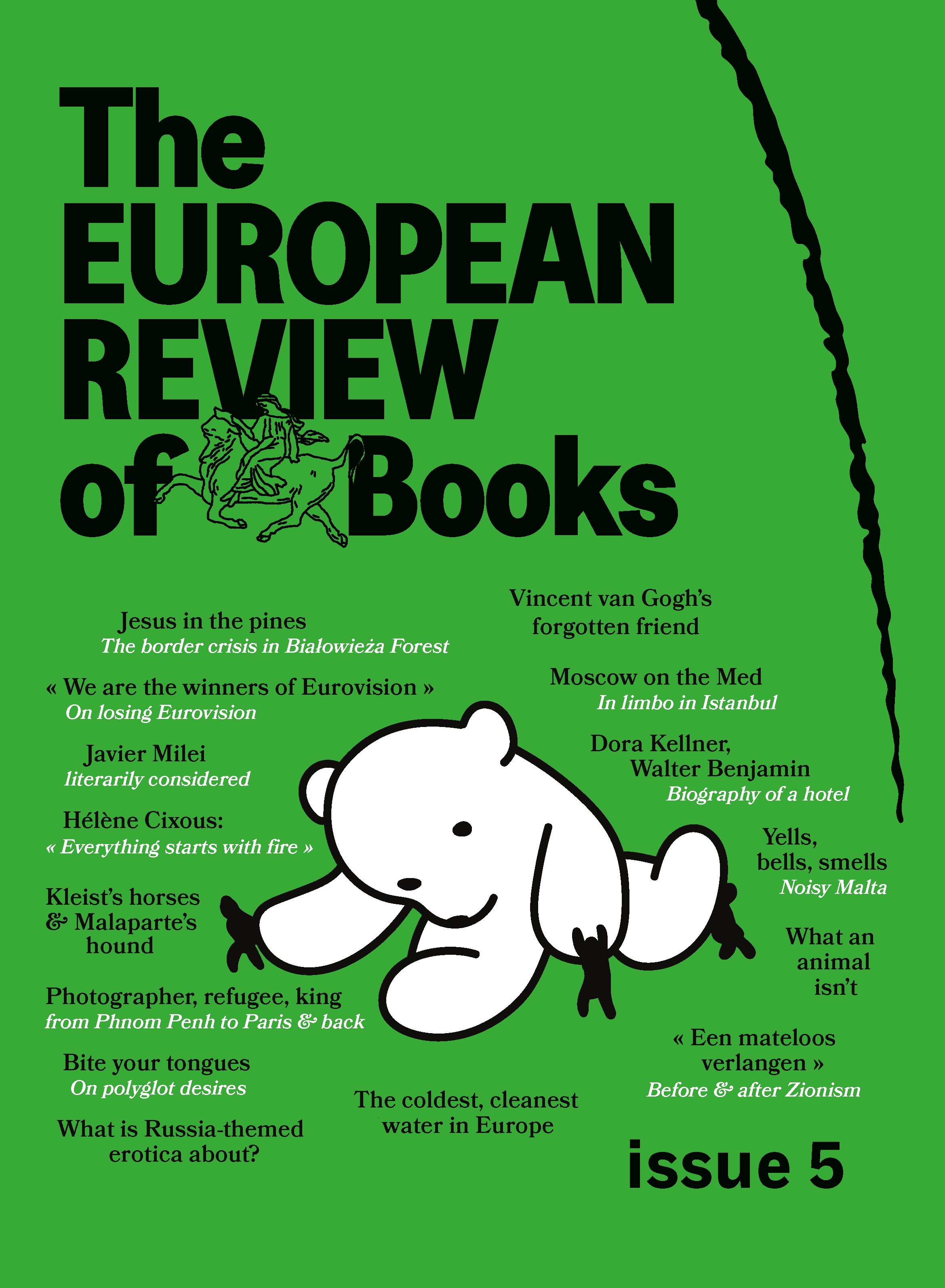Subscribers have full access to the expanding library of the European Review of Books.
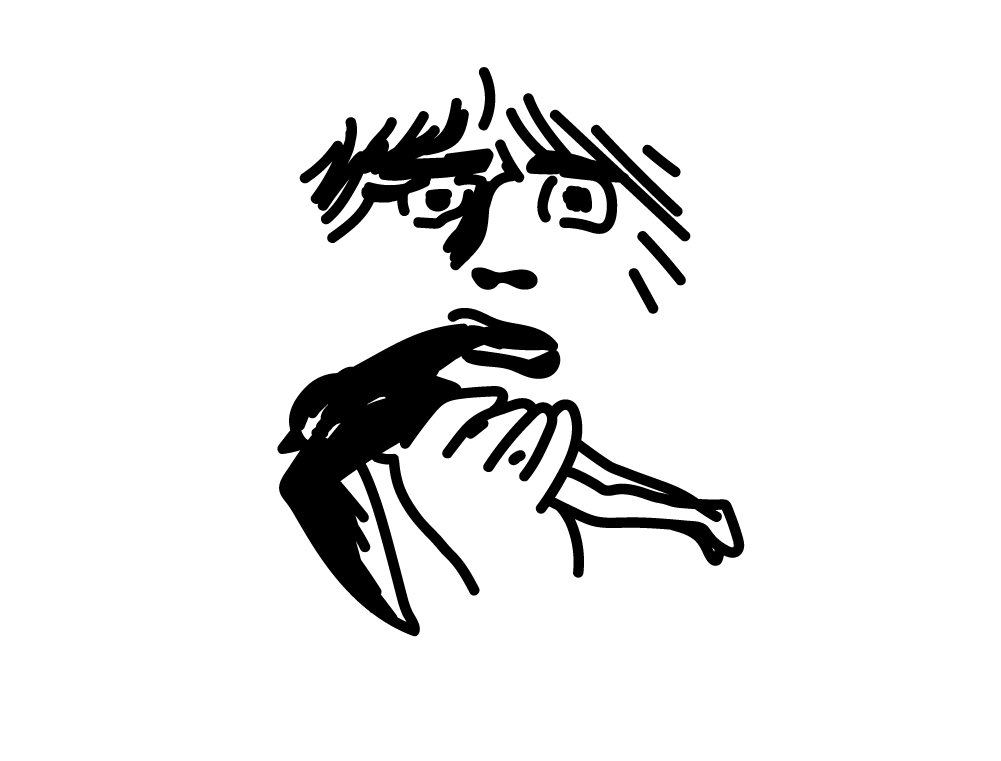
Language-learning and people-eating in Ayesha Manazir Siddiqi's The Centre.
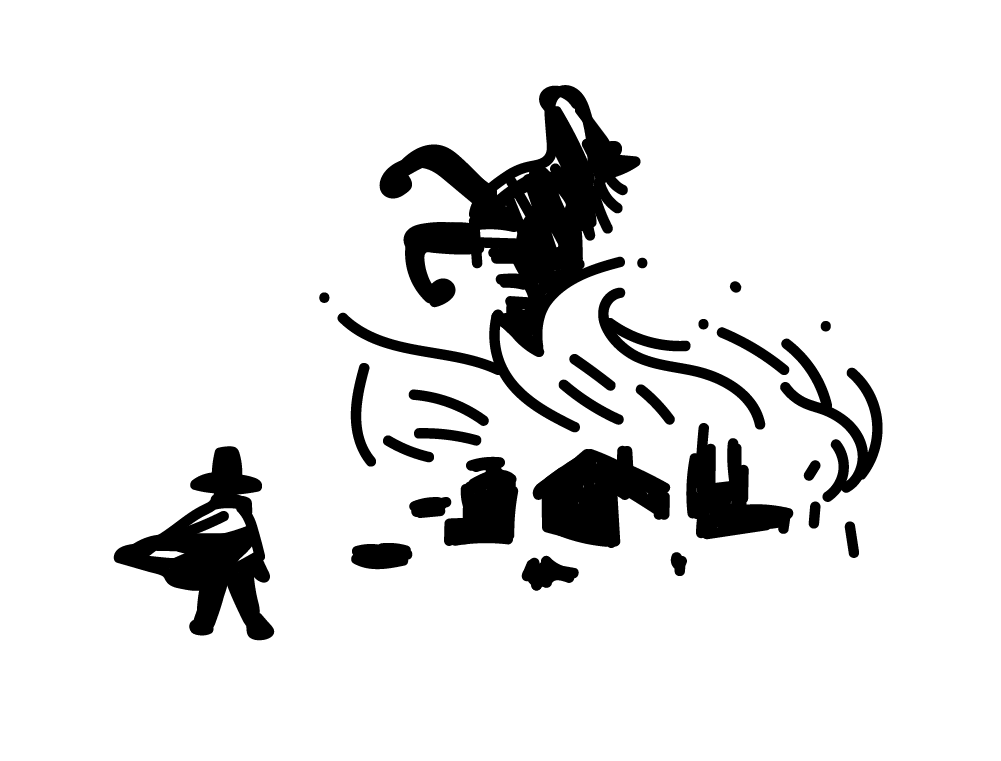
On the fallen animals loved by Heinrich von Kleist & Curzio Malaparte.
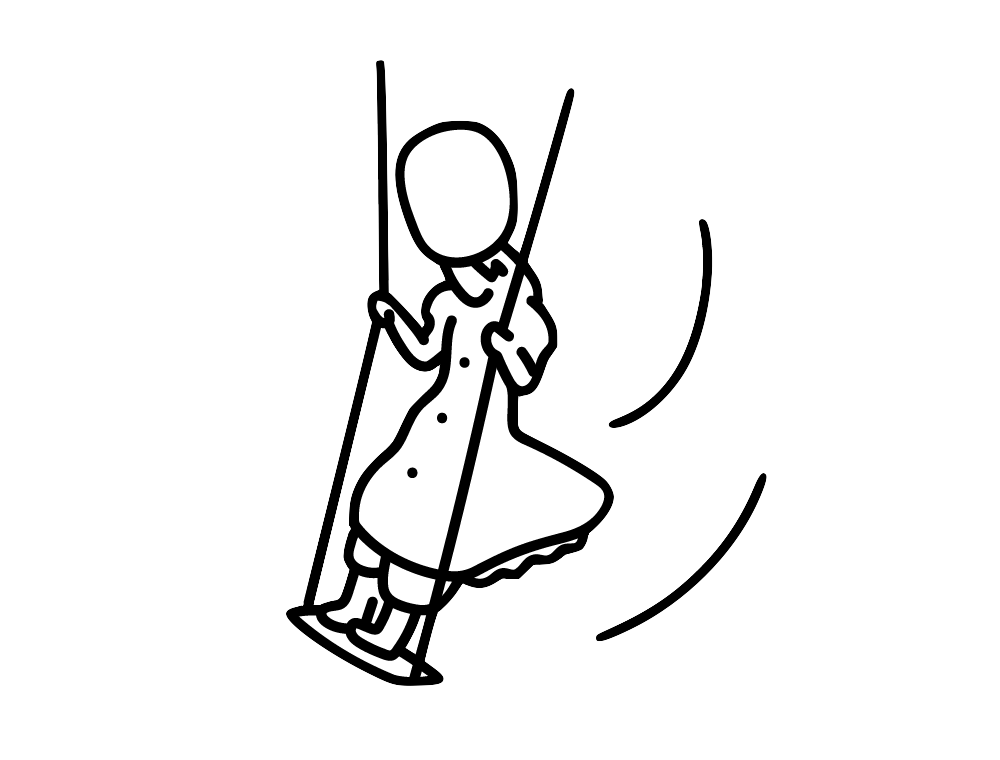
Insofar as erotica can ever be about something, what is Russia-themed erotica about?
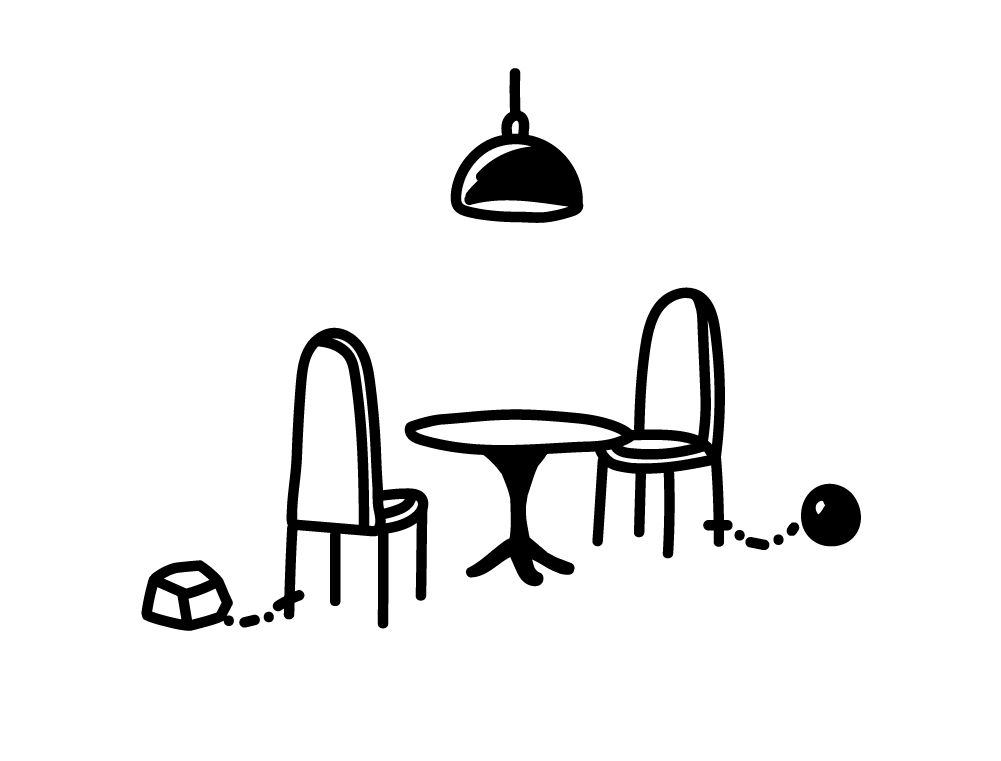
On Dora Kellner, Walter Benjamin and the biography of a hotel
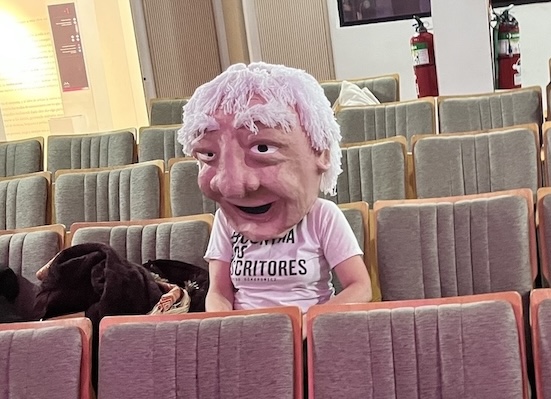
Javier Milei, literarily considered
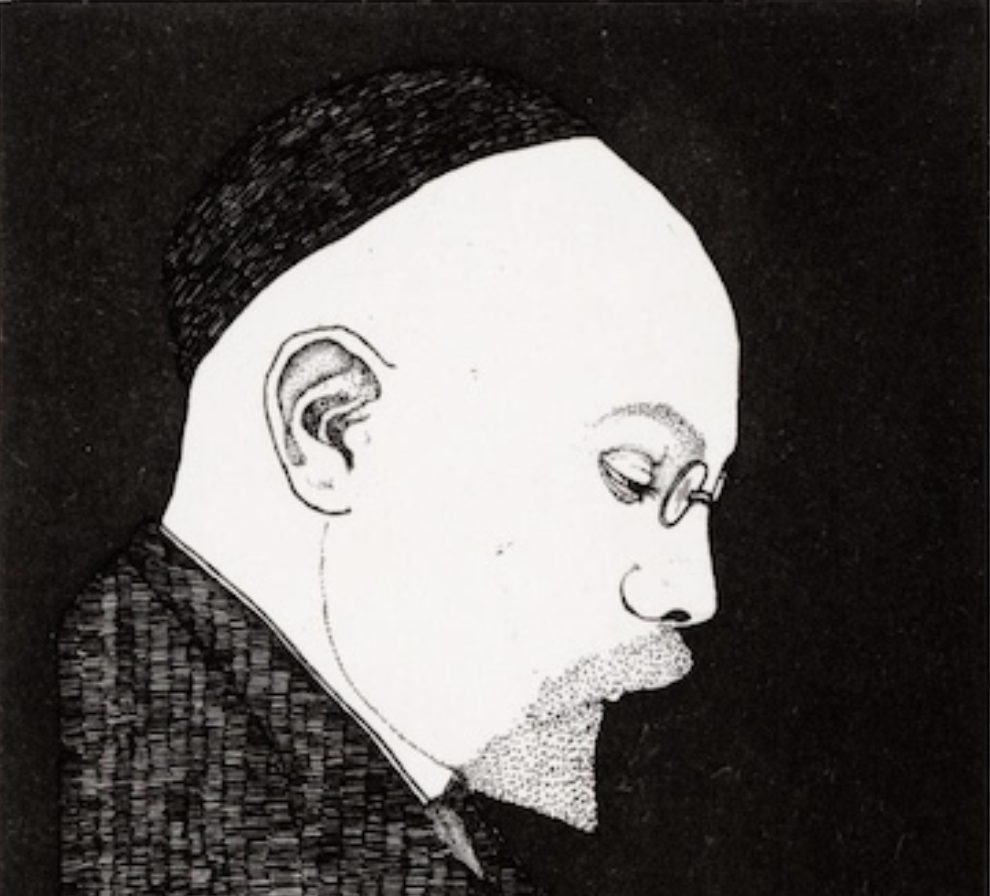
Jacob Israël de Haan’s Palestine, Arnold Zweig’s novel of post‑Zionist disillusionment, and « Israel’s first political murder ».
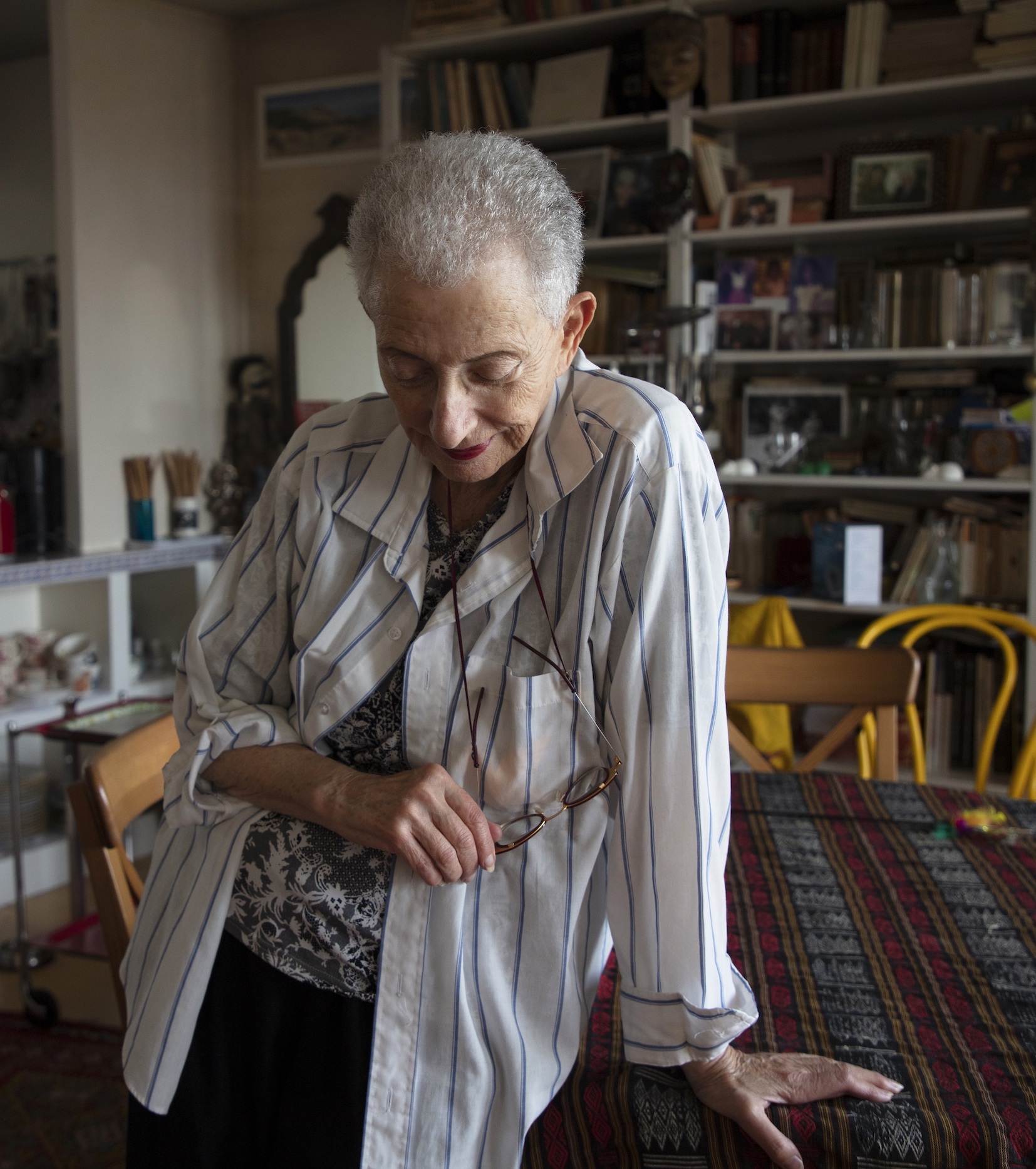
Hans Ulrich Obrist interviews French-Algerian writer and philosopher Hélène Cixous.
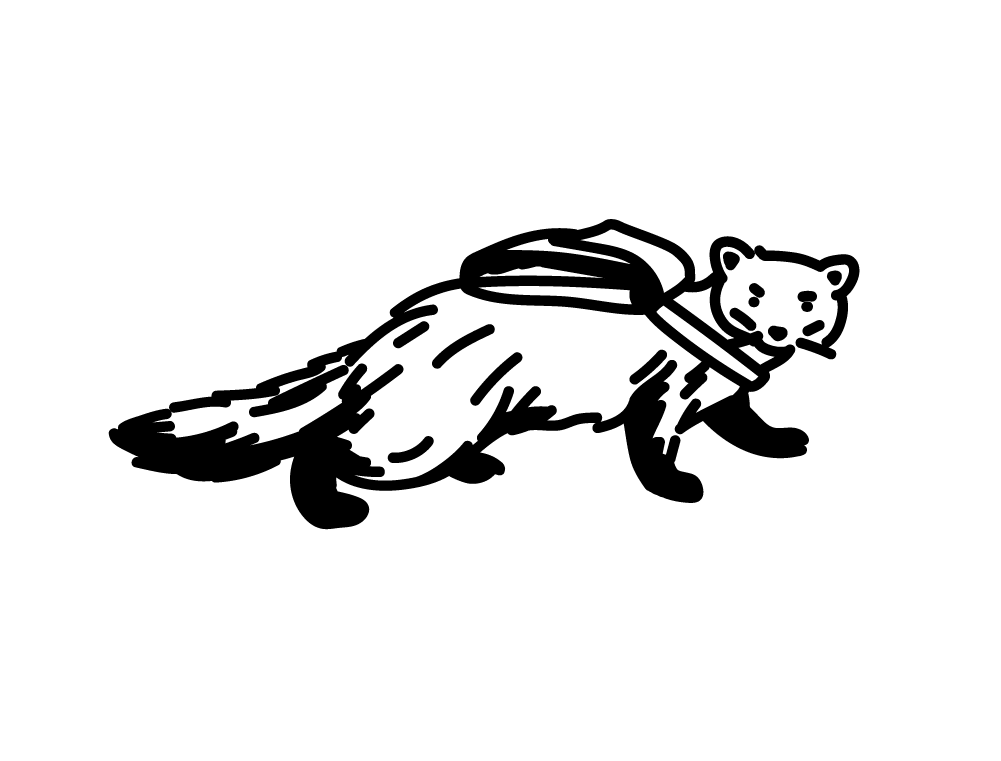
Two vastly different books — one a picaresque tale, the other a dystopian meditation — both recount a transition from human to animal or from animal to human.
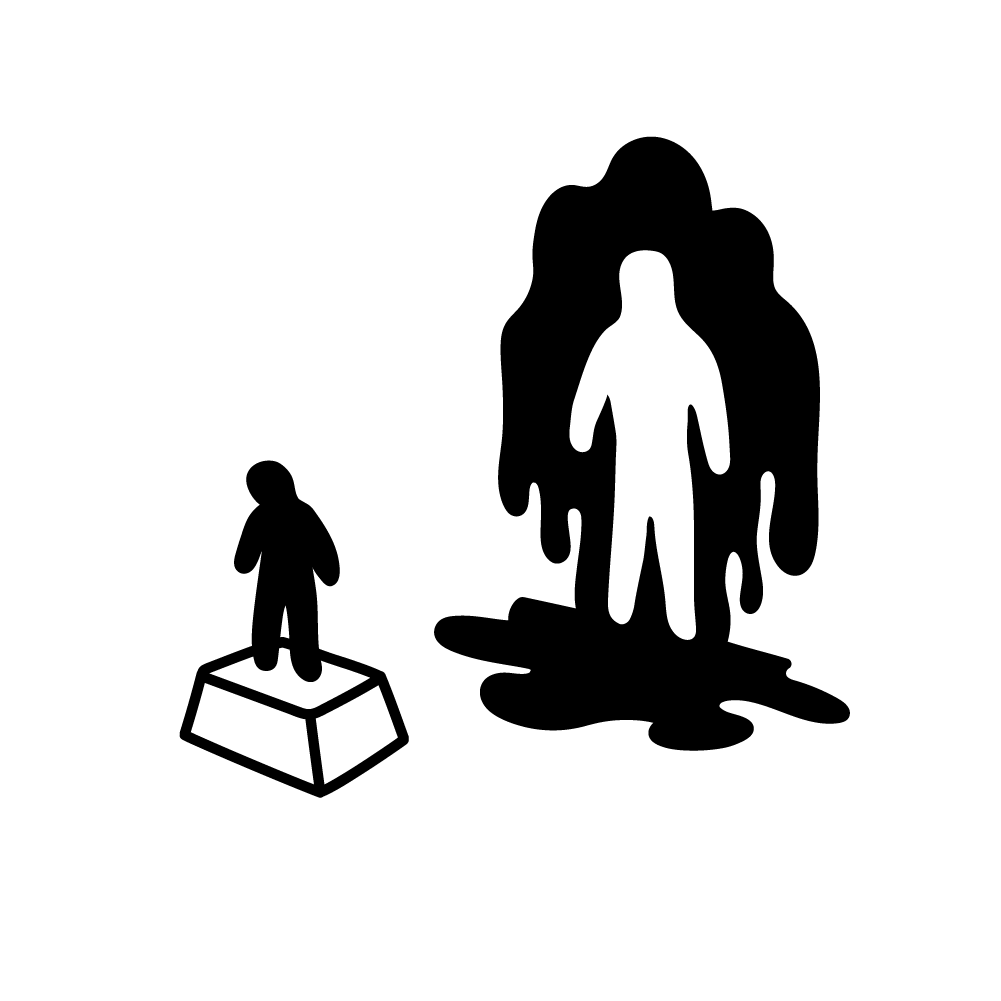
How I stopped being an older brother (& other stories)
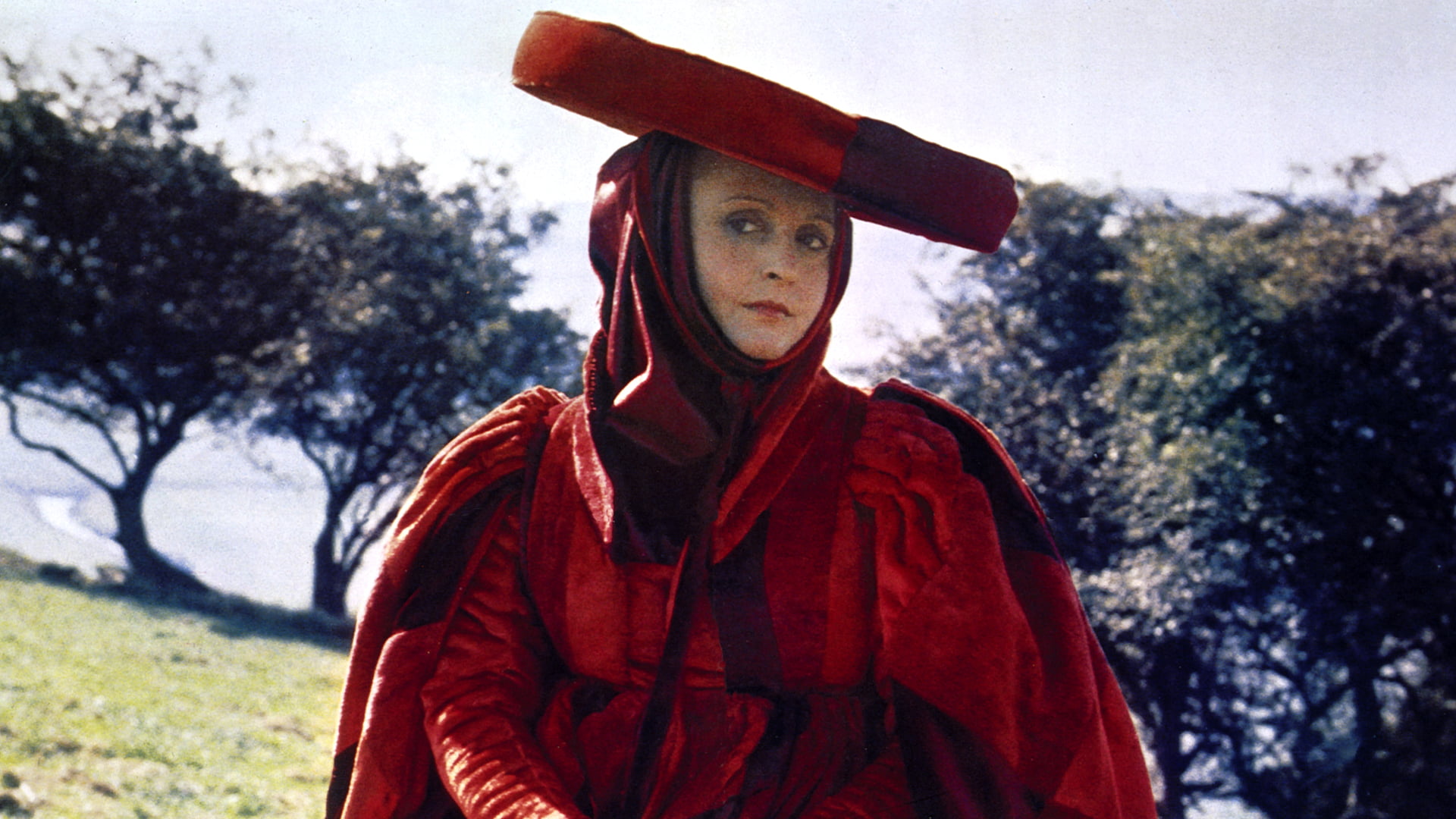
On memory palaces, medieval and modern. A medieval woman’s life would not have taken the form of a straight line.
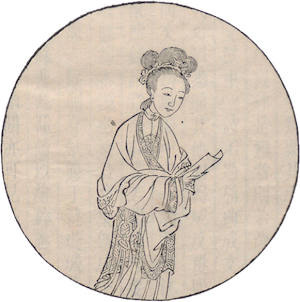
→ Setting of the Sun at West Mountain / Puffing & panting ←
→ Worm-eaten Rimbaud / Always knowing whom ←
→ 日落西山 / 國是前胸 ← → 蟲蠹的蘭波 / 始終知誰 ←
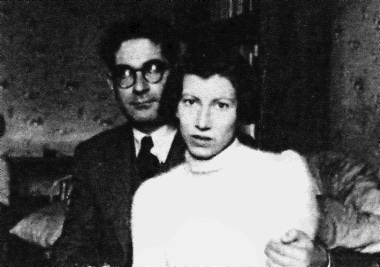
On Natalia Ginzburg’s Valentino, newly translated: a Q&A with Alexander Chee.
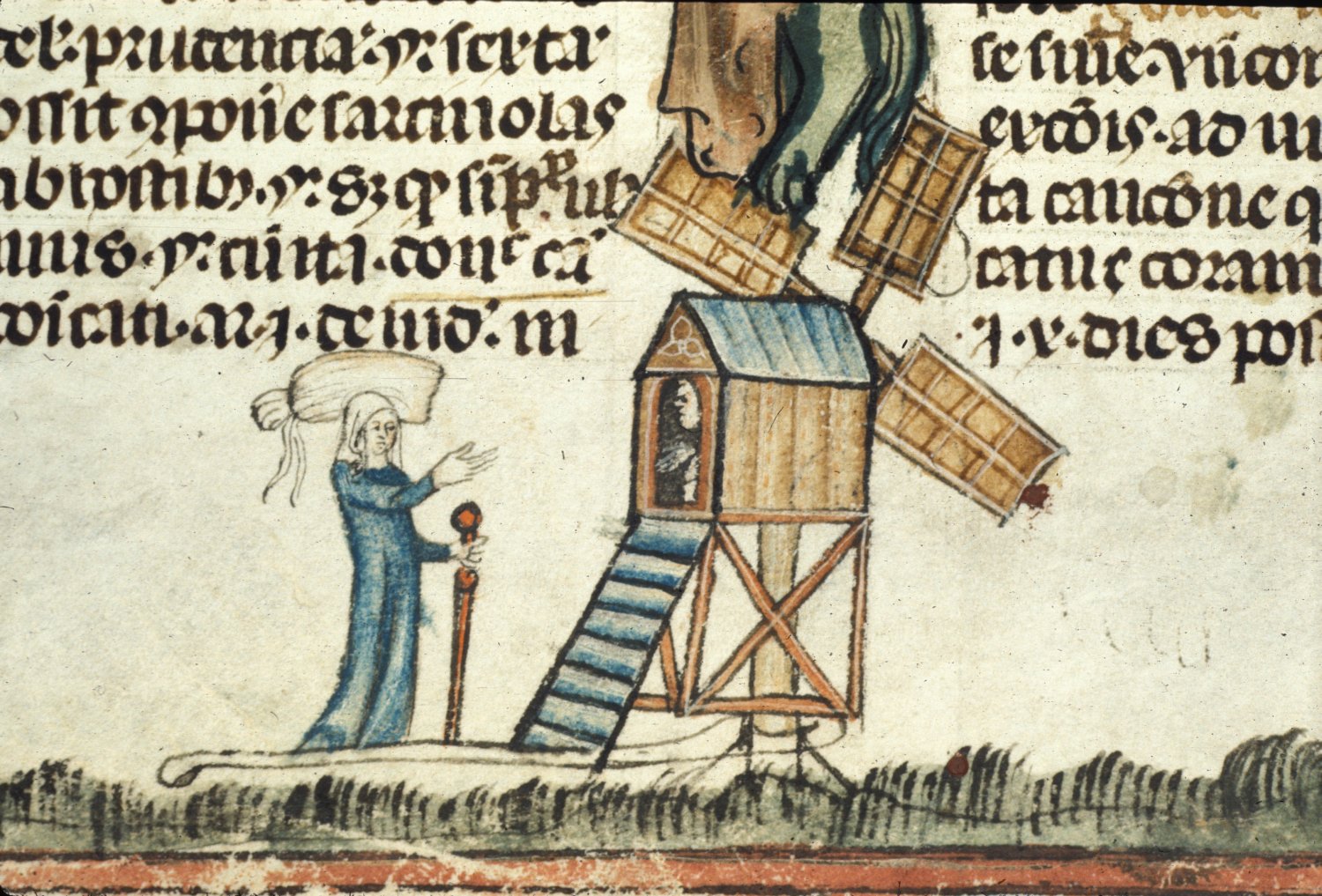
On Havelok the Dane, medieval air & the world’s largest wind farm
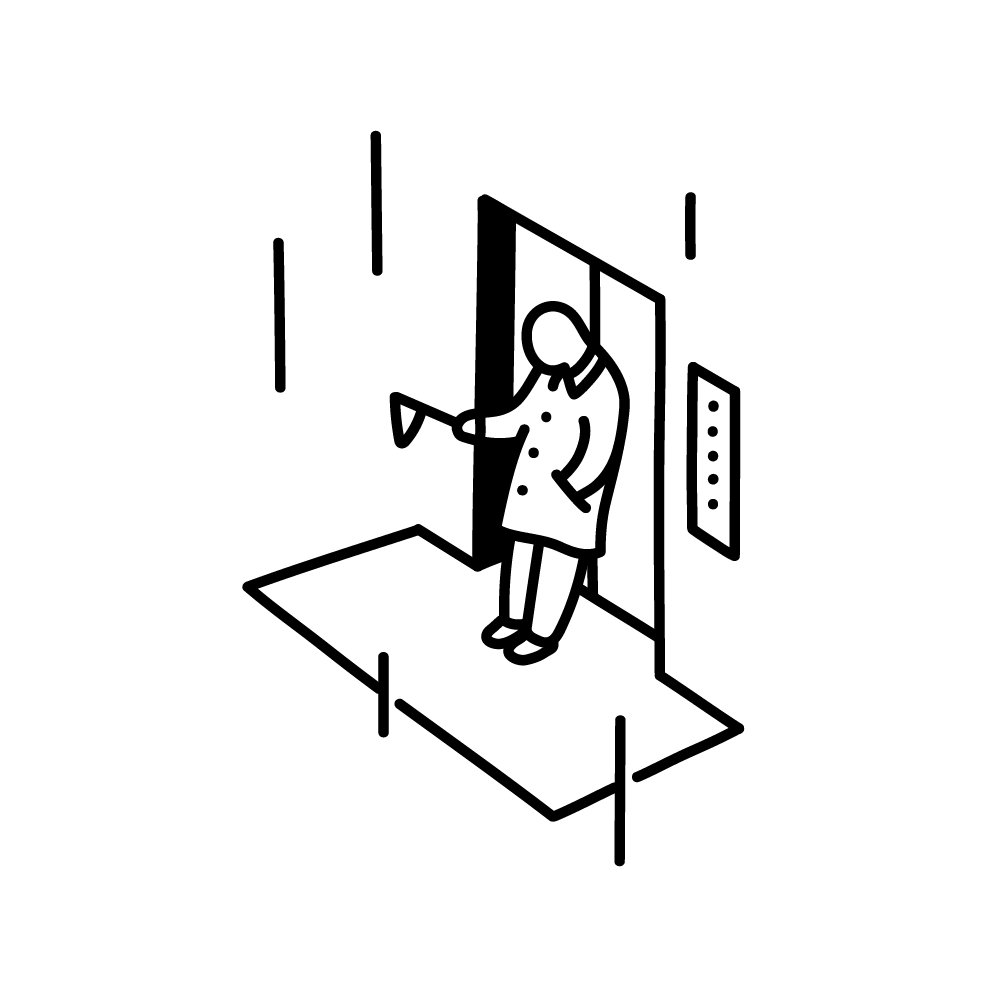
On the unexpected joys of Denglisch, Berlinglish & global Englisch. « My own language, made camp. »

Floods, hailstorms, plague, fire, children lost on a mountain or trapped for years in a ruined villa. On the stories of Adalbert Stifter.
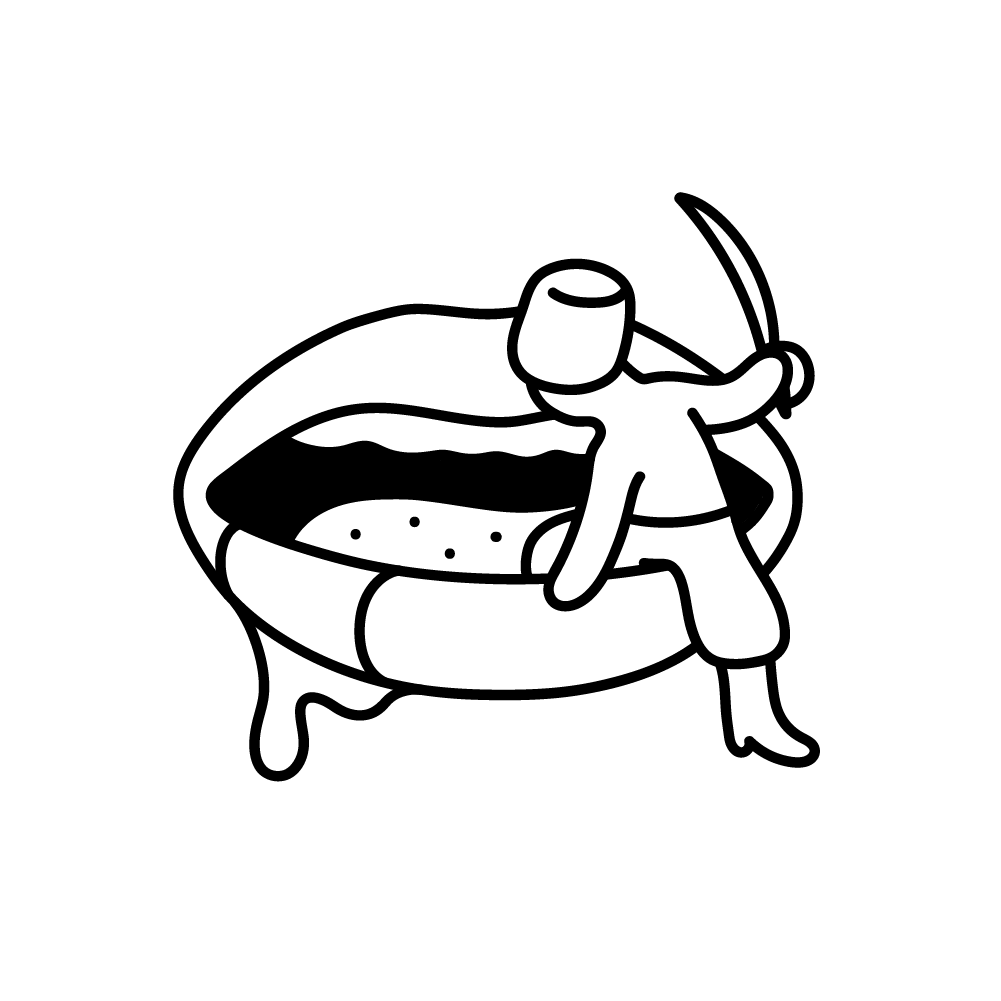
On the untranslatability of Ukrainian jokes
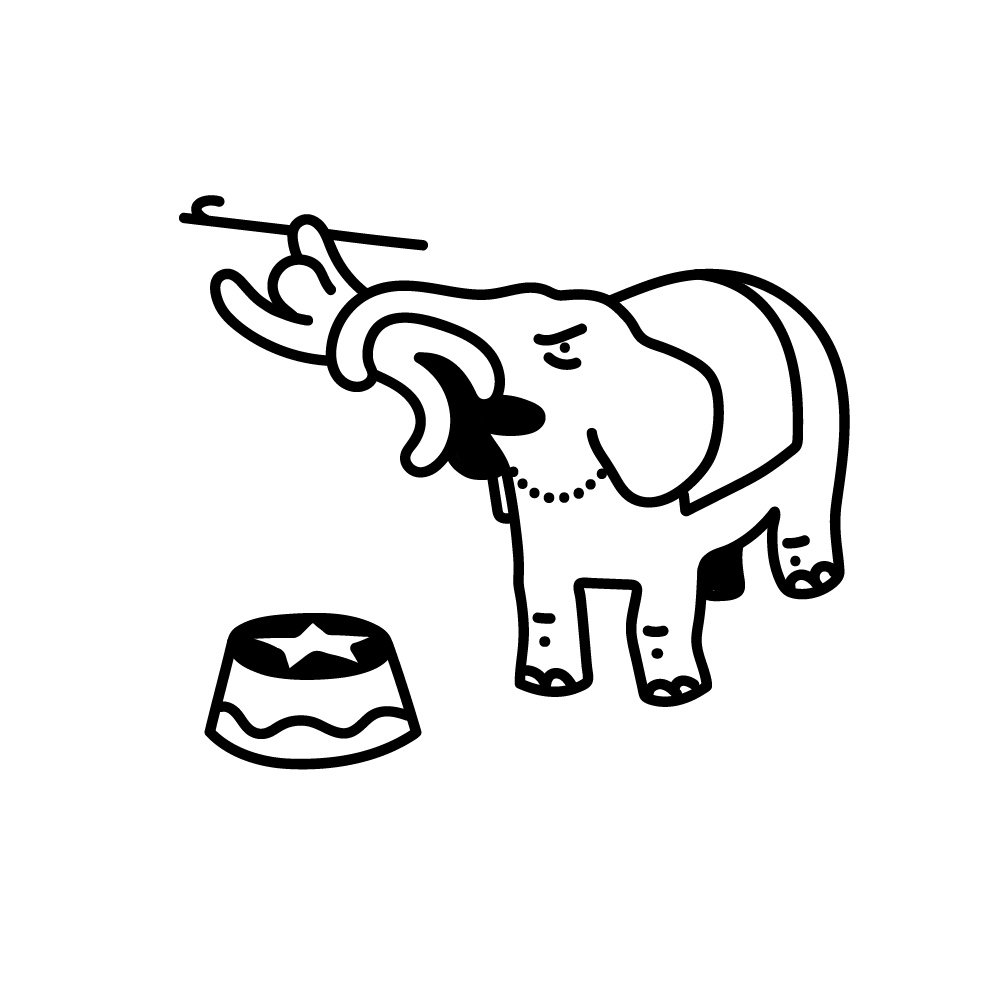
On artificial intelligence, murderous elephants & Elizabeth Bishop
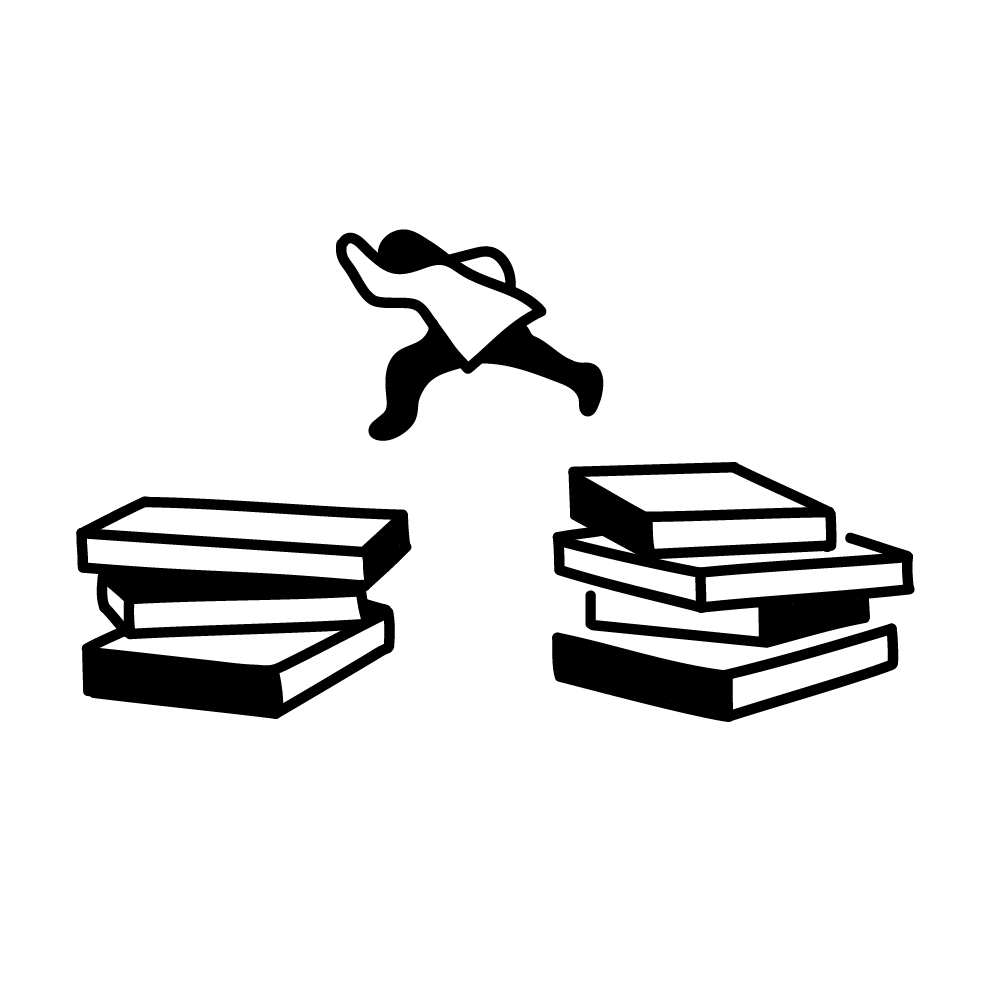
On the travels of Karl-Markus Gauß, and the unlikely guardians of the dream of Europe.

Write your memoir in a hostile tongue. On Marina Jarre, from Latvia to Italy and back.

A story about a lonely railway guard on a desolate steppe. « In the cursed August of 1991 the radio informed Kasatonov that there was a state of emergency in the capital. Then it fell silent, as if the receiver had broken. »

On pregnant silences, and how to abort them — via Jane Austen’s Lady Susan, Whit Stillman’s Love & Friendship and our own manners & morals.

Fernanda Melchor’s prose hits you square in the face, but its lyricism works differently in Spanish. On Veracruzano modernism, lyrical slang, and worlds so new that style falls apart.
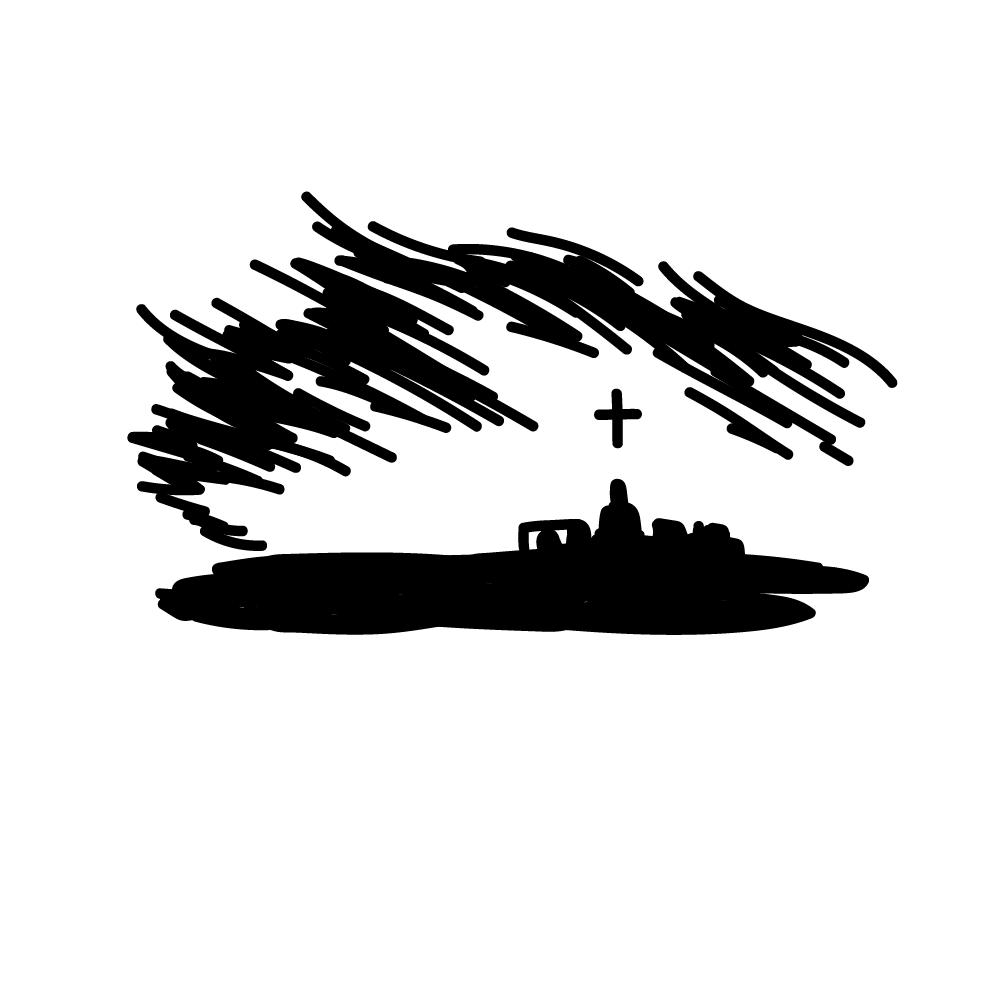
On Curzio Malaparte’s Europe — and ours. The midcentury novelist read anew, on war’s aftermath and transatlantic romance. What was, or is, « postwar Europe », anyway?
Over het Europa van Curzio Malaparte – en het onze. Een nieuwe lezing van het oeuvre van de schrijver, over de nasleep van oorlog en een transatlantische romance. Wat is dit « naoorlogse Europa » eigenlijk?
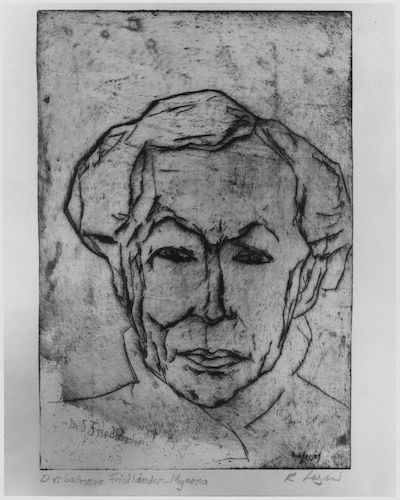
On two tales of racial metamorphosis, salted or sugared, one hundred years apart.
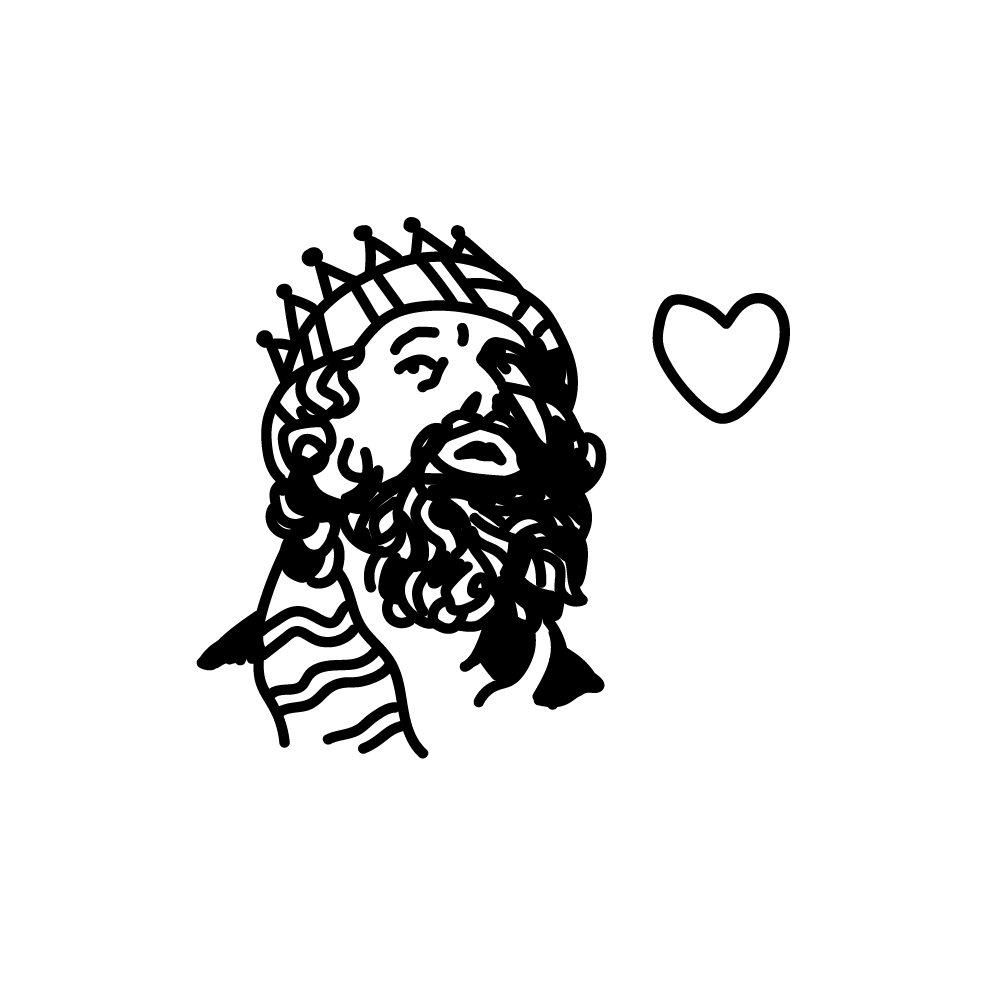
The first word I ever wrote was stsikukha: « pisser ». This is how my nanny Frosya called me to my face. On poetry and pathos in a bastard tongue.
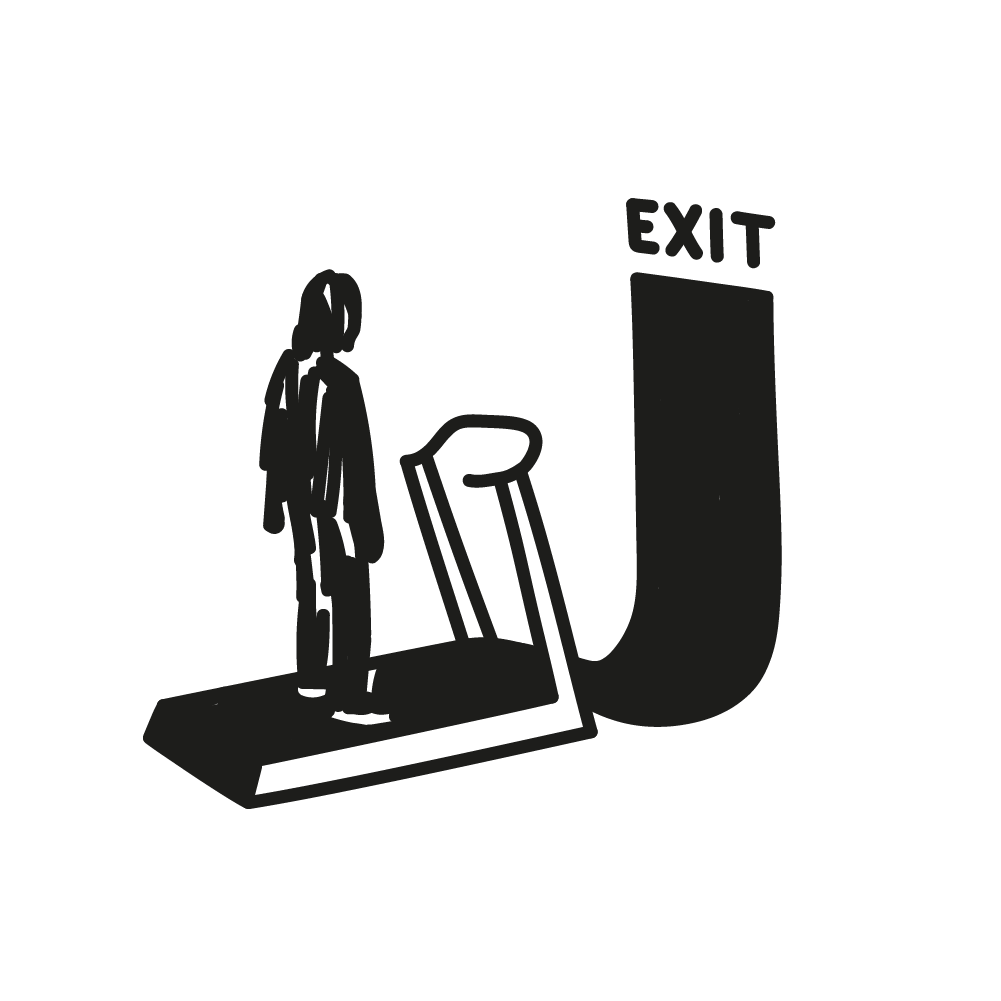
Imagine your therapist assigned you to write your autobiography, after which you decided you were cured, so your therapist published it as revenge. Zeno’s Conscience turns 99.
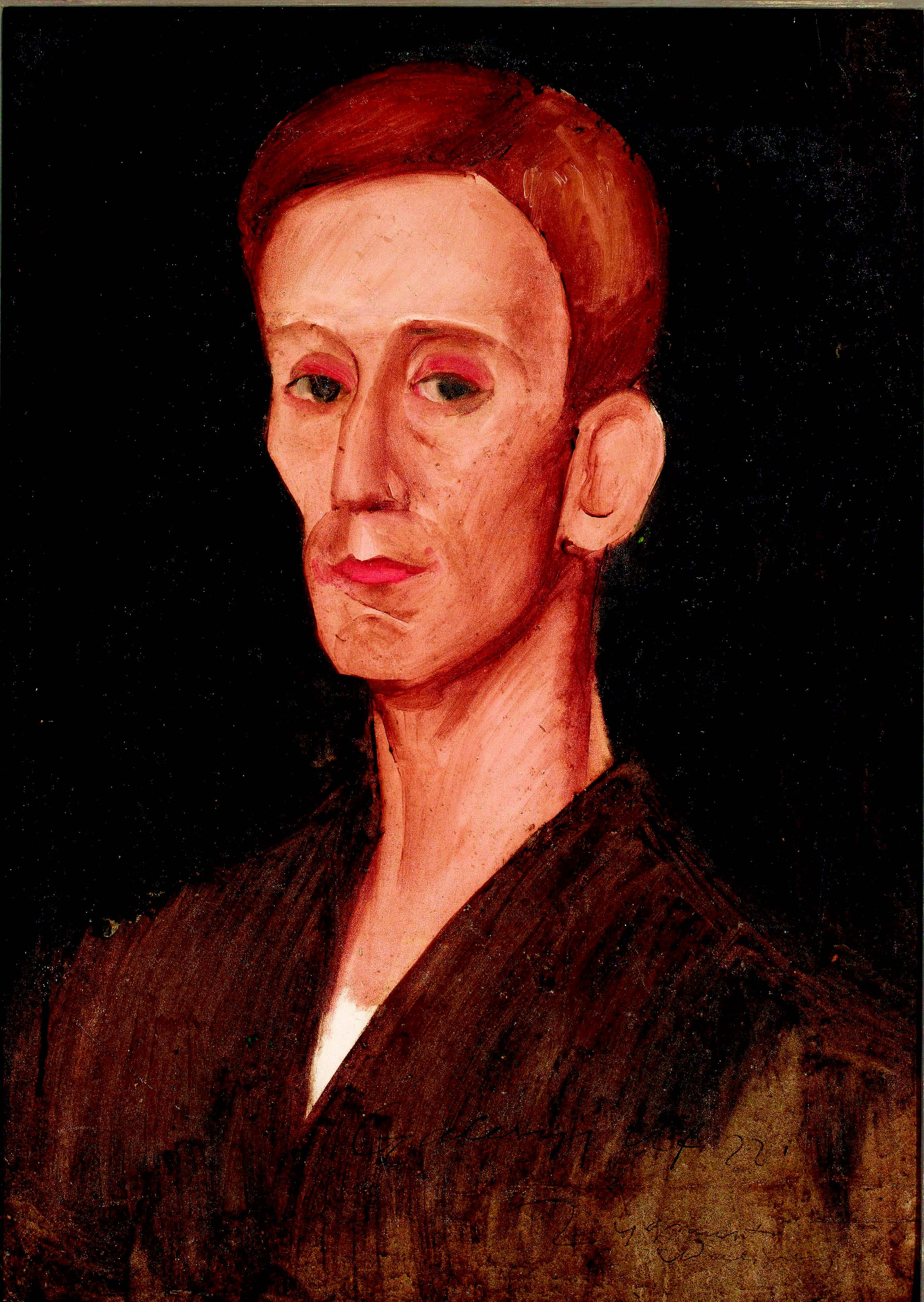
He spoke of painting like a starving man speaks of food. On Józef Czapski, Memories of Starobielsk and the art of observation.
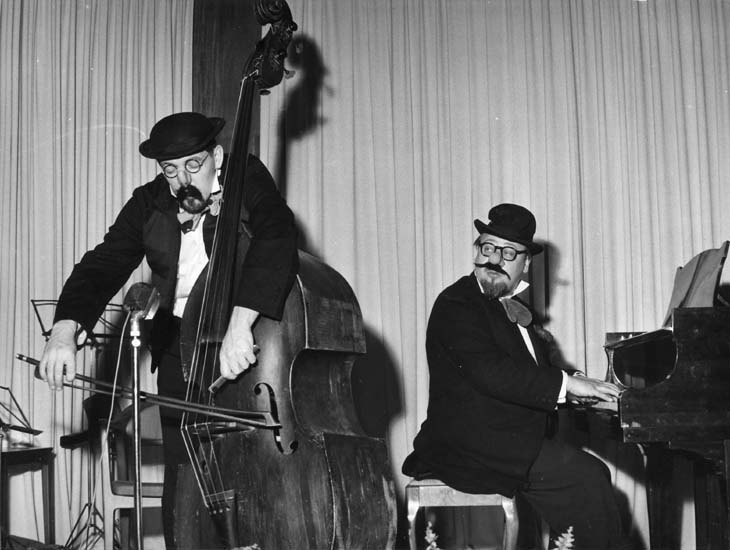
Not the nightmare one might instinctively expect. Franz Kafka and Stig Dagerman on parenthood vs. educatorhood: who can educate a child?

What is editing? Two people who both lead a literary life — an augmented reality where the connections between existence and sentences are investigated daily — wage sensual war for the soul of the page.
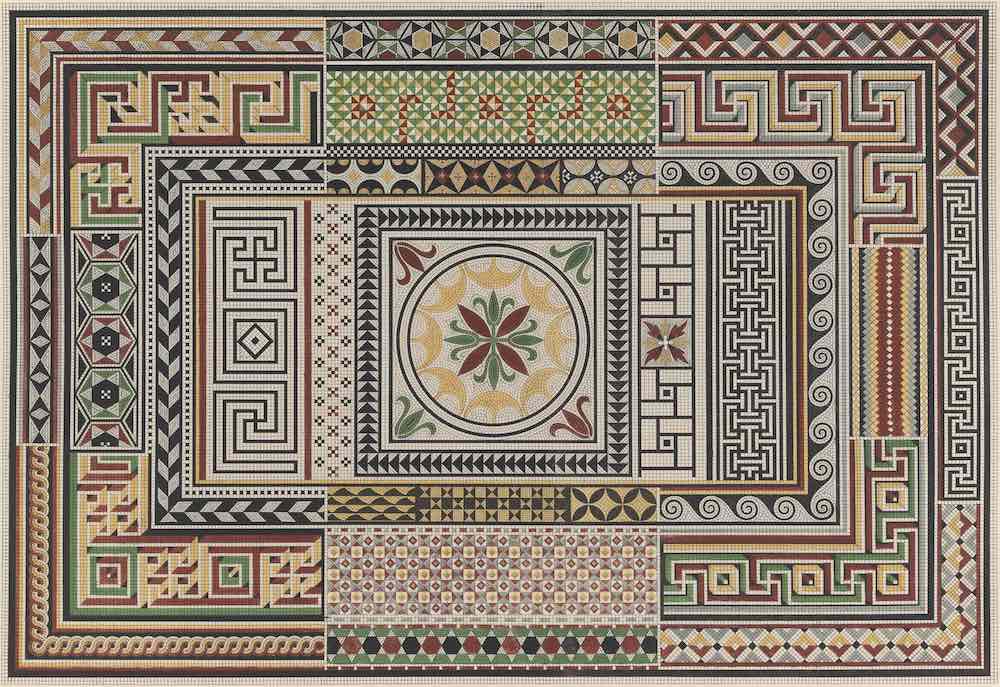
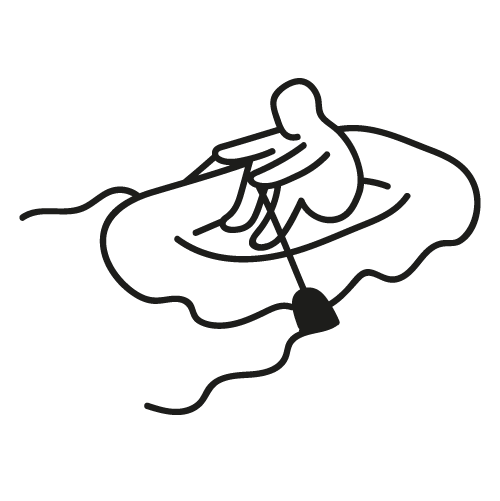
German vice-chancellor Robert Habeck has more than twenty books to his name. It is tempting to read his fiction for glimpses of Green political futures, and his literary criticism for similar clues. How experimental can a literary politician be?
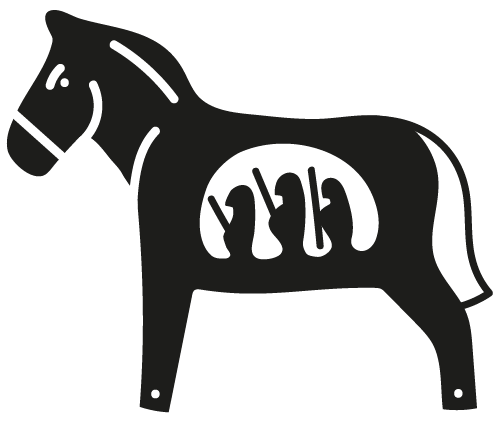
Søren Kierkegaard compared reading reviews of his books to « the long martyrdom of being trampled to death by geese. » What martyrdoms does today’s bookishness portend?
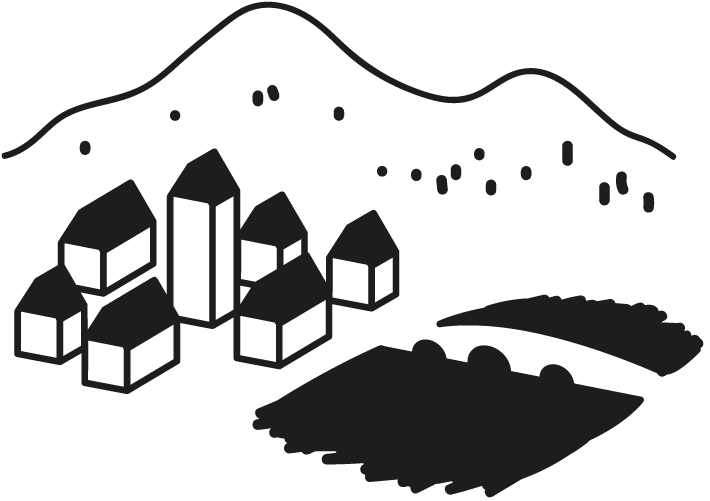
« What if all fictional characters from novels continue to dwell somewhere, just like the dead? » Sewn together, the fragmented narratives of Daniela Hodrová’s City of Torment (Trýznivé město) make something deeply European.
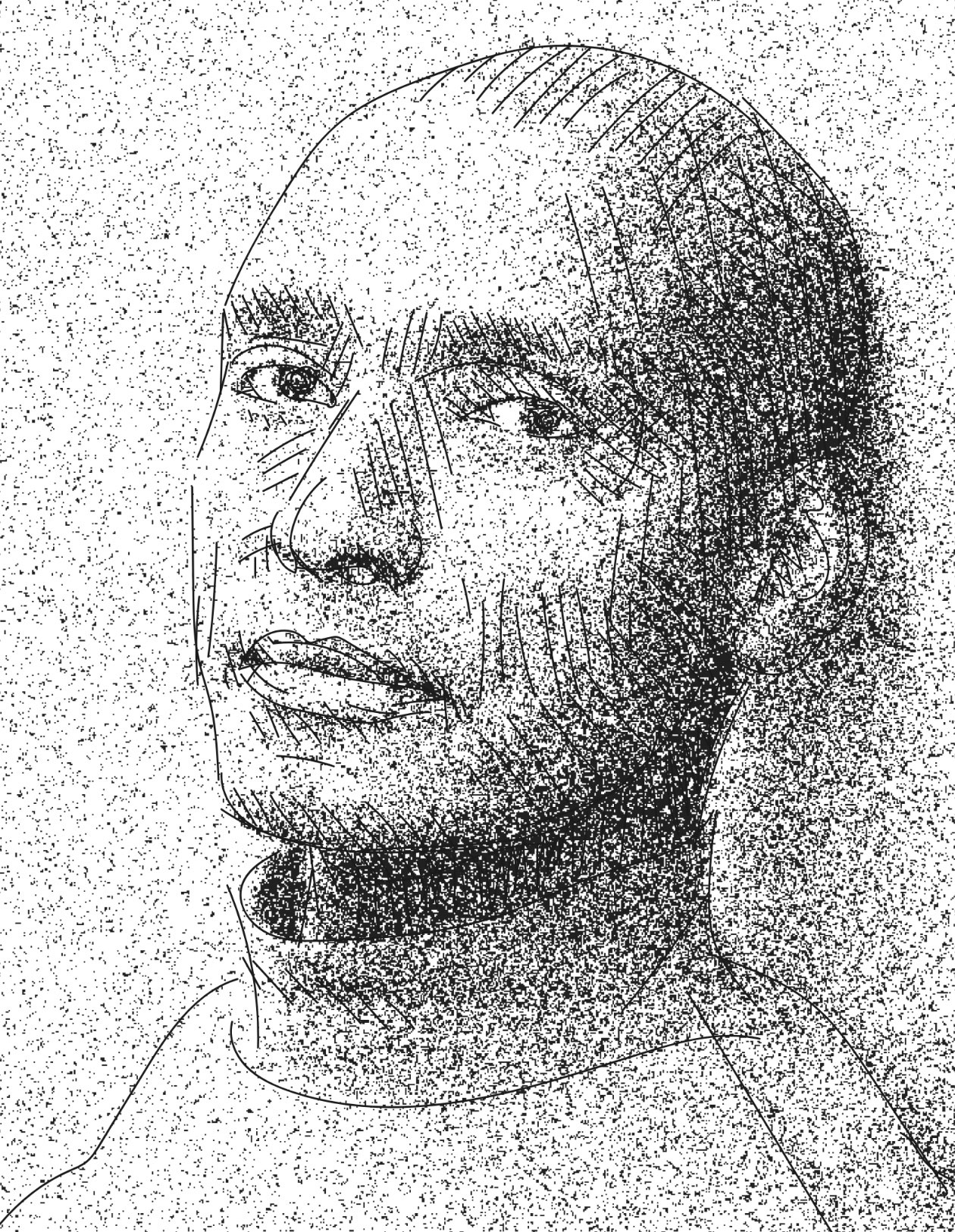
Stop! I am doing what they all do: presenting writer Sulaiman Addonia as one-who-has-suffered, because he grew up as a refugee. It is a problem of genre. Suffering has become an interviewer’s crutch.
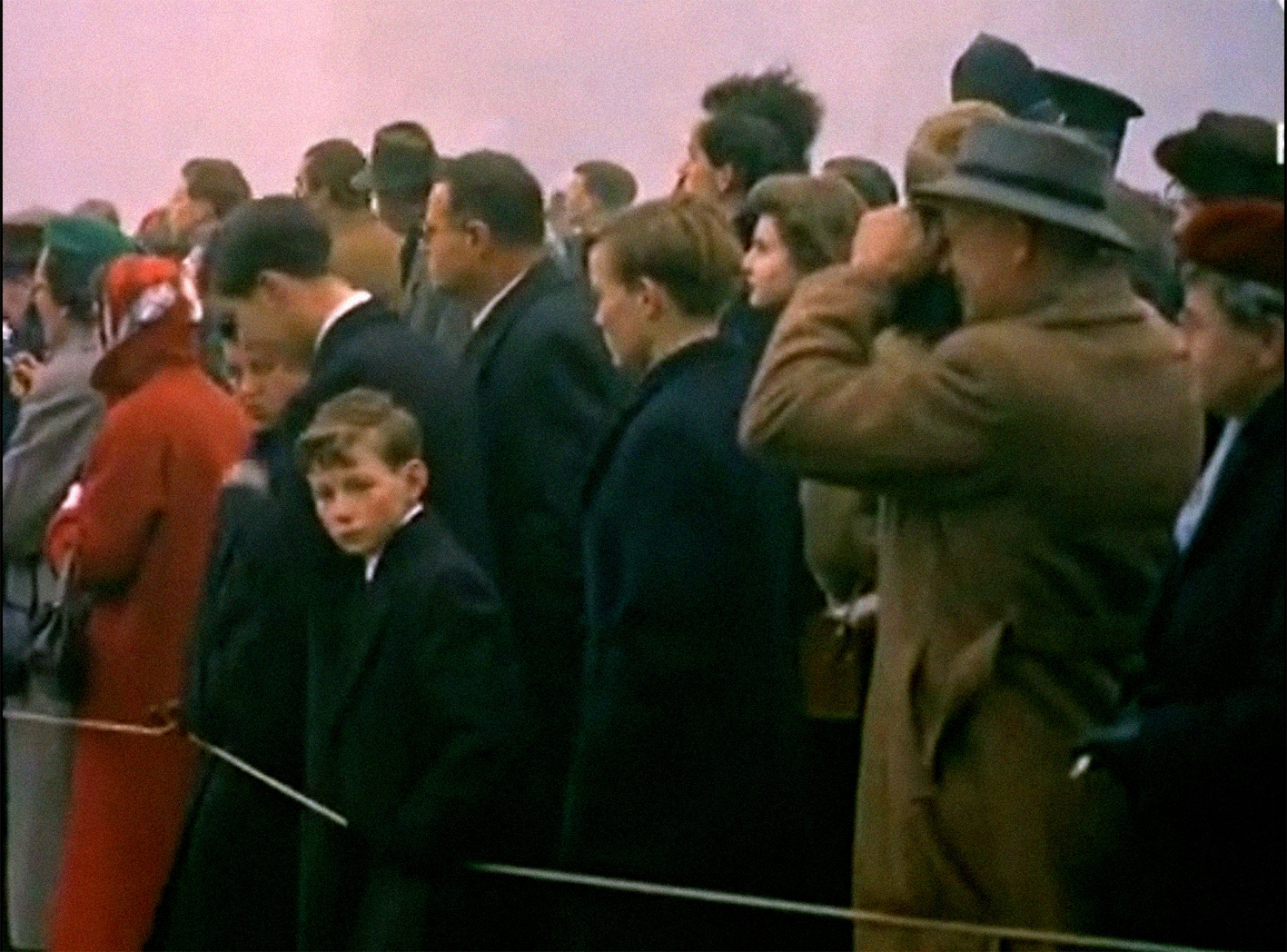
A letter to George Orwell. « All narrative is hypnotic. Some narratives are more hypnotic than others. Because of you, we can be conscious of the kinds and the workings of the narratives that set out to deaden us, lessen us, make us lie, make us part of the lie. »
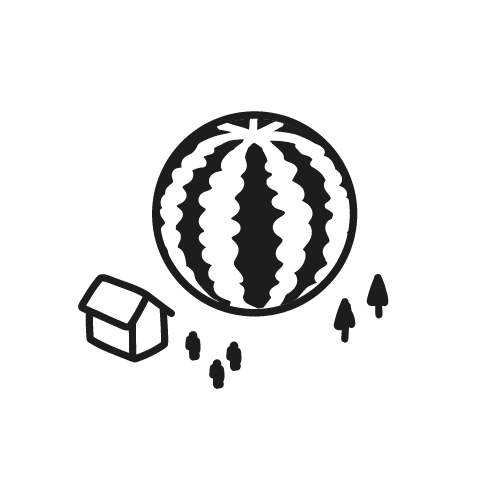
Пространство—это ключевое слово в понимании литературной и философической истории России. Оксана Васякина переделывает русское пространство—и русский роман—для женских миров.
« Space », or prostranstvo, is a key word for understanding the literary and philosophical history of Russia. Oksana Vasyakina’s Rana (Wound), a Siberian road novel, remakes the Russian landscape and the Russian novel for women’s worlds. It renders prostranstvo unruly, polysemous, queer.
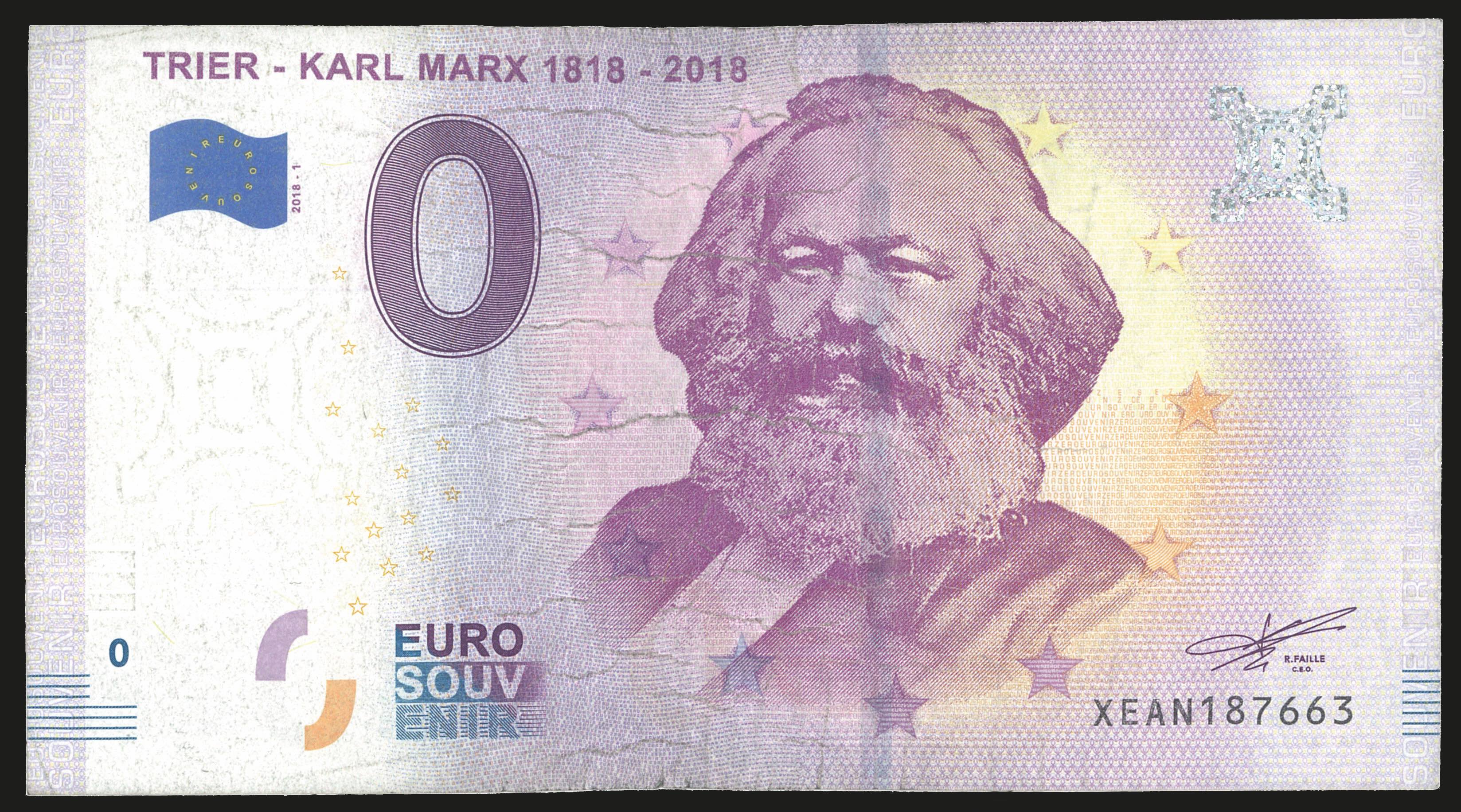
No one would have understood both the sentiment and the absurdity more keenly than Marx himself, whose face has adorned real currencies in more countries than anyone else’s, with the possible exception of Elizabeth II.
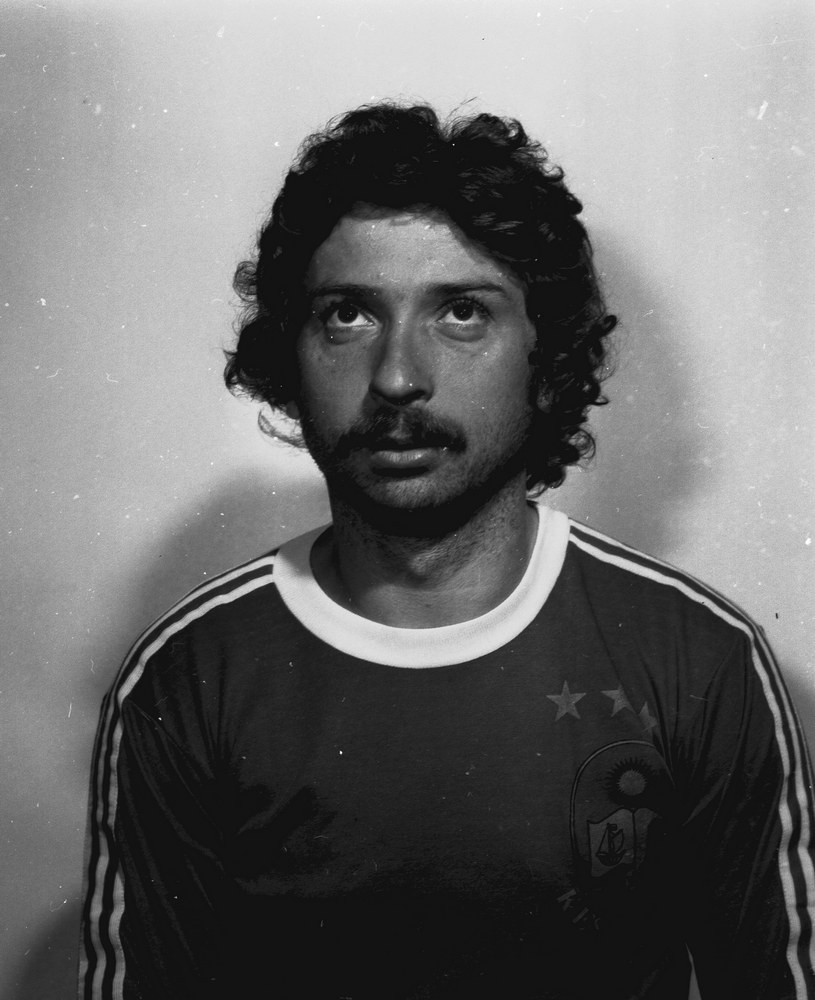
How do literary movements arise? About thirty years ago, I watched one emerge out of nothing: the subgenre of « literary » football books and magazines. Not exactly the birth of modernism, but it still taught me something about how cultural transmission works within Europe.
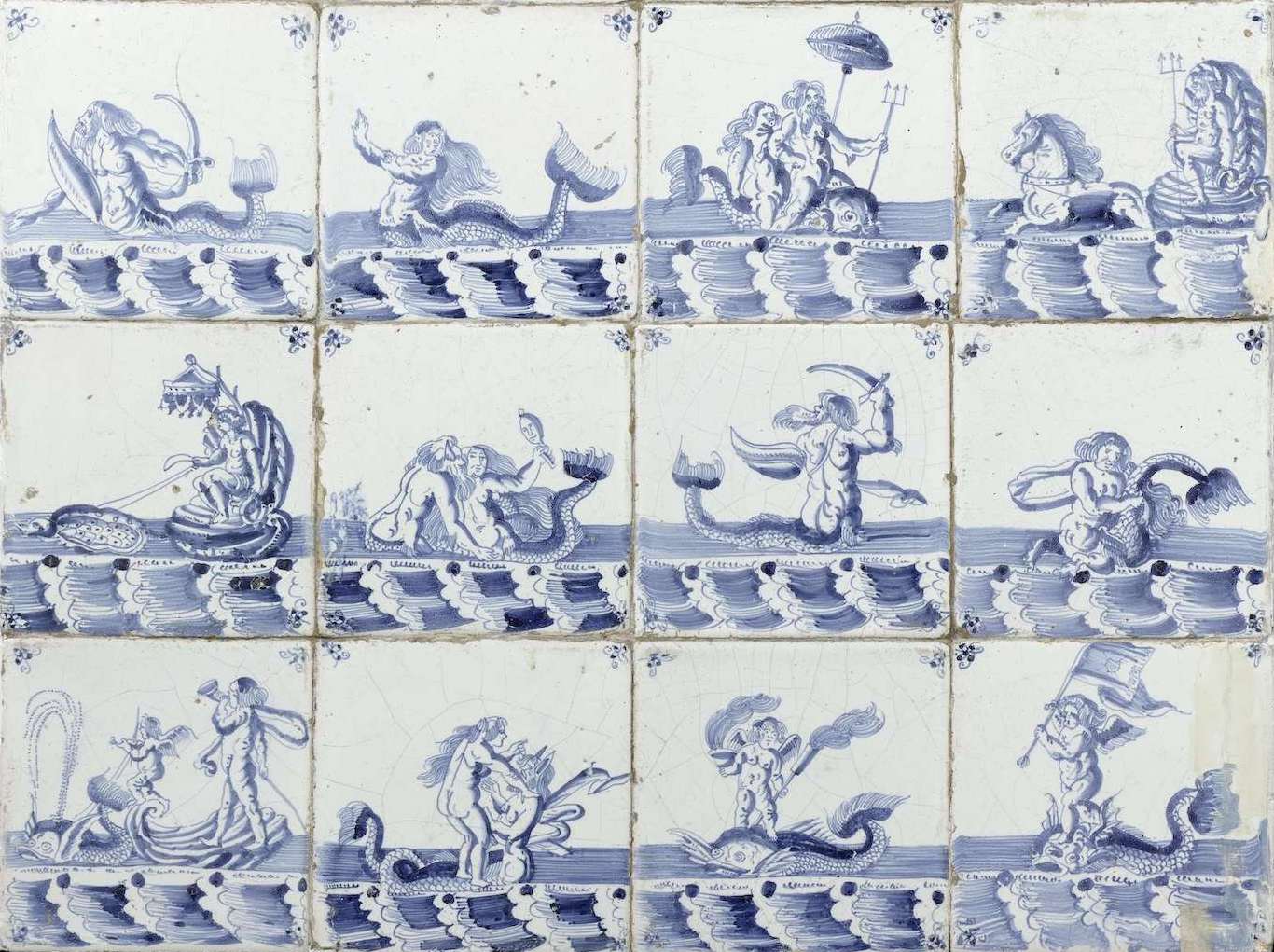
Was a Dutch town founded by Inuits in the 9th century? On American discoveries of Europe.

The ERB doesn’t stand in competition with magazines we love; it joins them, and does so in admiration. This project has made us encounter literary magazines we hadn’t read before and discover beautiful magazines in languages we wish we could read.

